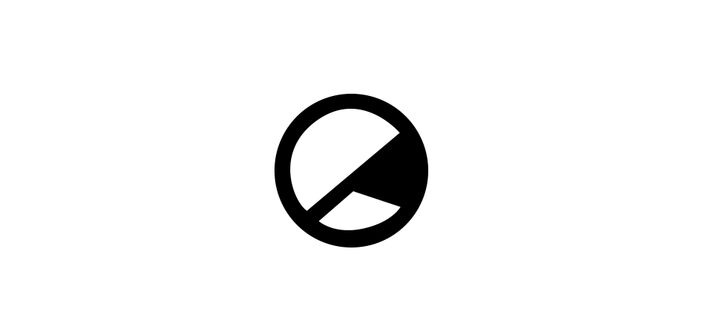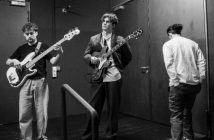Reading Festival has had a number of historic changes to its musical policy over the years. But these changes have recently caused people to question whether or not it is still a rock festival.
Originally founded as the National Jazz Festival, it was first held in 1961 and solely catered to jazz performers. It developed swiftly, soon bringing in new genres of blues and rock, with The Rolling Stones appearing in 1963. By 1969, jazz was nowhere to be seen on the bill. After that, rock slowly dominated the stage; by the mid-70s it was its primary genre. Reading’s line-ups in the 70s and 80s were littered with the likes of Iron Maiden, Black Sabbath and The Jam.
However, as time went on and the industry changed, Reading attempted to adapt. Their previously unchanged policy of rock and alternative music had left some audiences feeling alienated, and meant new markets of music hadn’t been taken advantage of. In the late 80s and early 90s acts such as Meatloaf, Bonnie Tyler, and even Ice Cube made their way to the sweaty stages of Reading Festival, often to be greeted by bottles.
During the 2000s and 2010s, the festival continued to expand its musical horizons. At first, this worked: the headliners tended to be catered mainly towards rock and alternative music, with other genres filling up the rest of the bill – this ensured that the festival’s primary audience could still be satisfied, while also continuing to keep with the times and attract newcomers.
However, in recent years this formula has become spoiled. There has been much speculation on the genre and audience of the festival, and rightly so.
In 2019, Reading had Post Malone, Foo Fighters, Anderson .Paak and Billie Eilish all performing on the same stage. This is a confusing line-up, to say the least. The problem is not that these artists are not talented enough – they are all the best in their game. The problem is that they are all in completely different games, and no one knows where to look.
This has caused problems for fanbases and the artists themselves. There have been many instances of bottling and violence against acts that wouldn’t usually receive such behaviour. In 2016, lead singer Tyler Joseph of Twenty One Pilots was attacked and robbed when he crowd-surfed; other acts such as Daphne and Celeste, 50 Cent, and Panic! at the Disco have been bottled and yelled at throughout their sets. It makes you question why such differing acts are placed next to each other on the bill when it causes so much conflict.
So, to answer the question: no, Reading is not a rock festival anymore. Understandably, it has had to change with the times in order to stay relevant. The problem is that this change has gone too far – the festival no longer seems to cater to one audience and has attempted to dip its feet in too many genres. We know that this method can work – Glastonbury delivers a beautifully varied yet synchronised festival every year, without clashes between fans and artists. But Reading is not Glastonbury and fails to combine mainstream and alternative audiences into one harmonious event.
Granted, perhaps Reading doesn’t need to be a rock festival anymore – there are plenty of others on the market now. But if it wants to reclaim its status as a leading festival and keep its customers safe and happy, it needs some careful curation to disperse contrastingly different bands throughout its line-up without so much conflict.



